Earth-Size Planet Kepler-186f, a Possibly Habitable Alien World (Gallery)
Kepler-186f
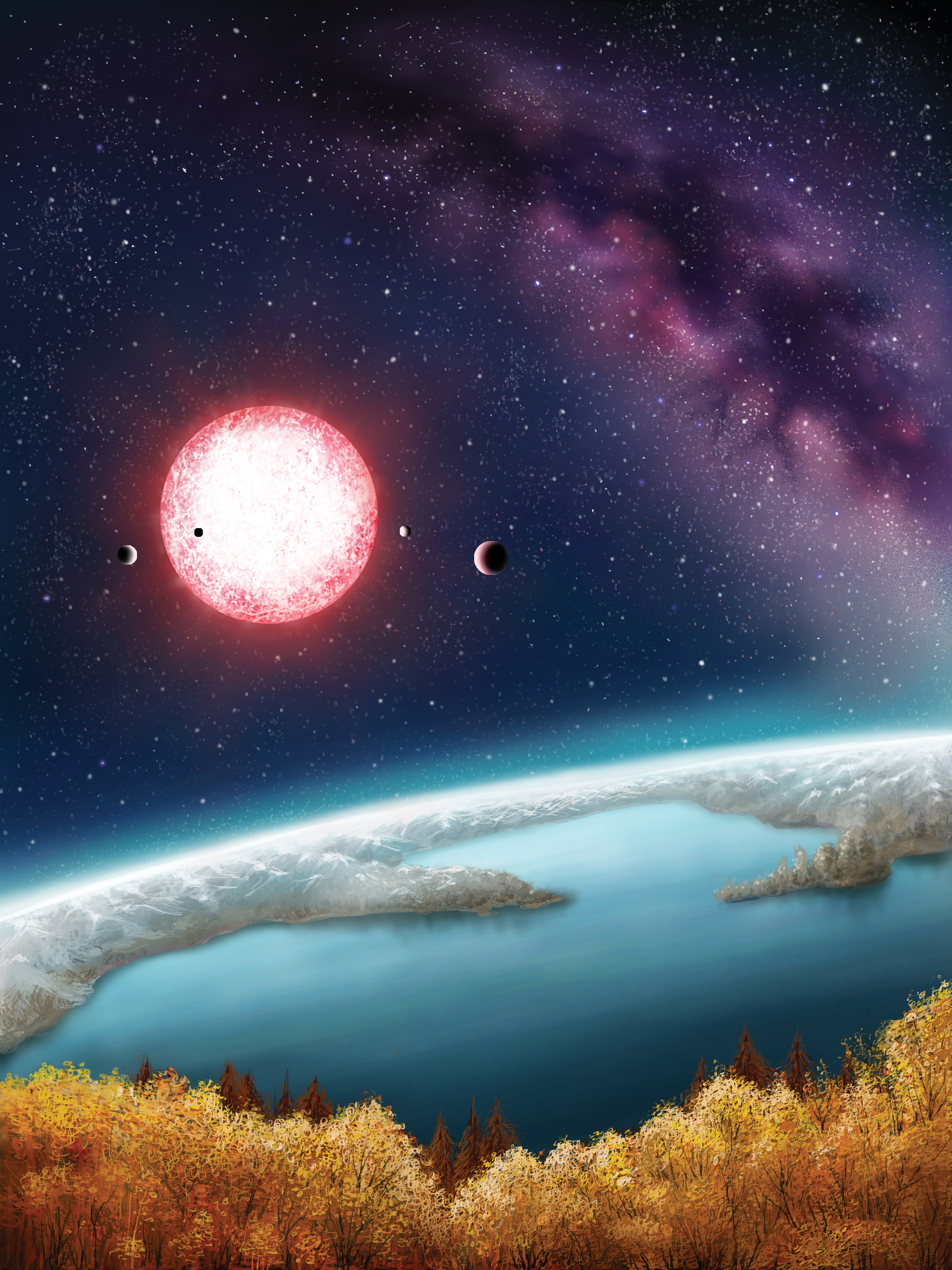
The alien planet Kepler-186f is a planet only slightly larger than Earth orbiting inside the habitable zone of its red dwarf star. See images and photos of the Kepler-186f planet discovery in this Space.com gallery. [Read the Full Story]
Kepler-186f Diagram
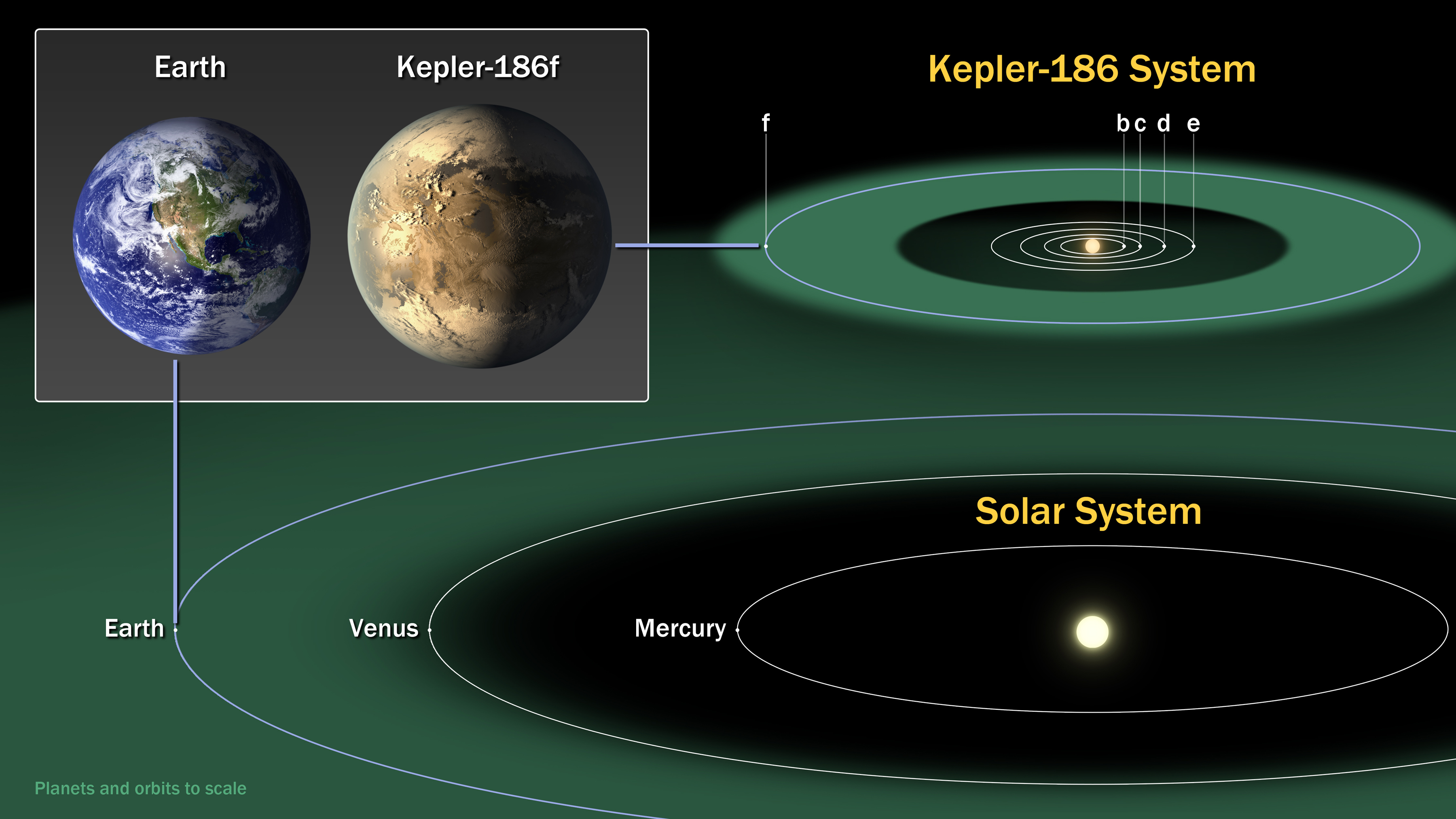
This diagram shows the position of Kepler-186f in relation to Earth. [Read the Full Story]
Kepler-186f
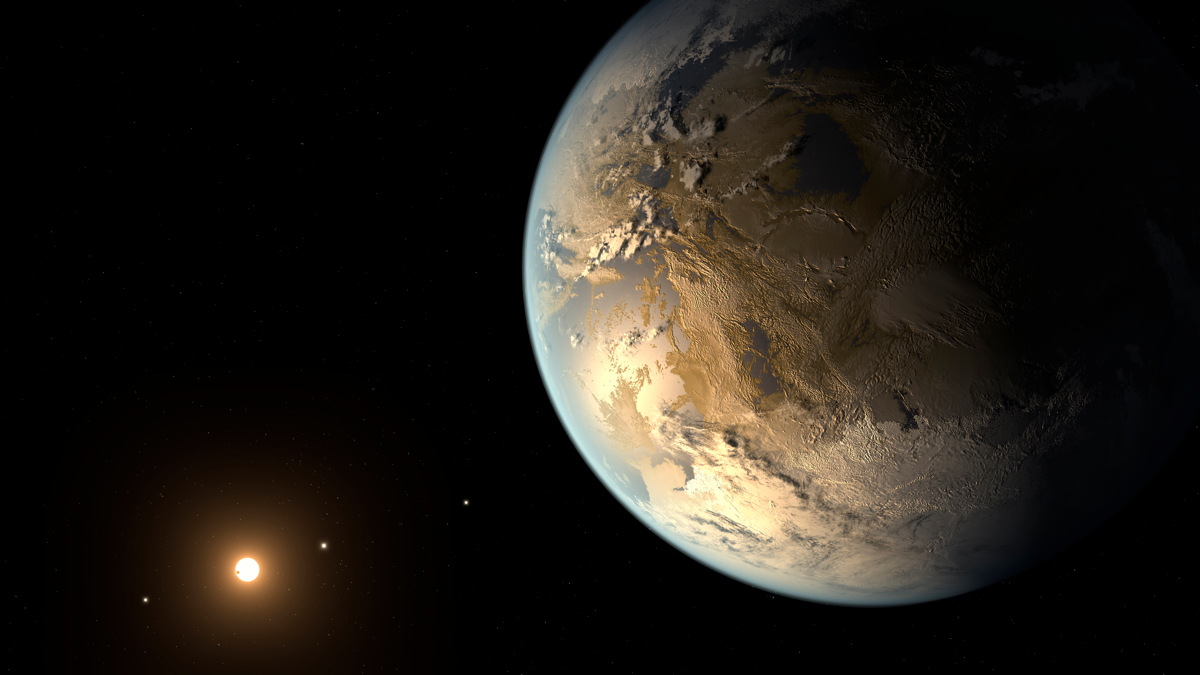
This artist illustration shows the planet Kepler-186f, the first Earth-size alien planet discovered in the habitable zone of its star. [Read the Full Story]
Elisa Quintana Summary Slide
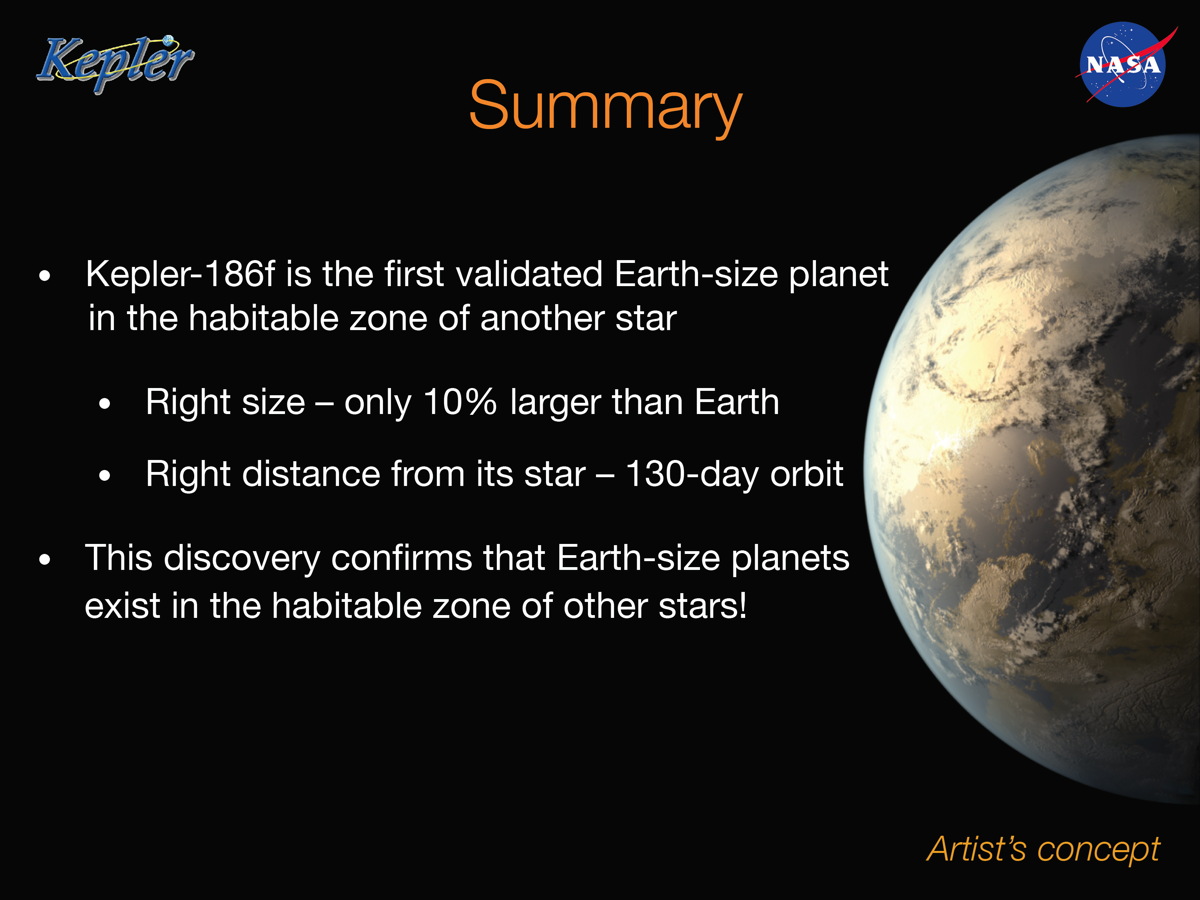
Slide summarizing discovery of Kepler-186b exoplanet. Image released April 17, 2014. [Read the Full Story]
System Comparisons Slide
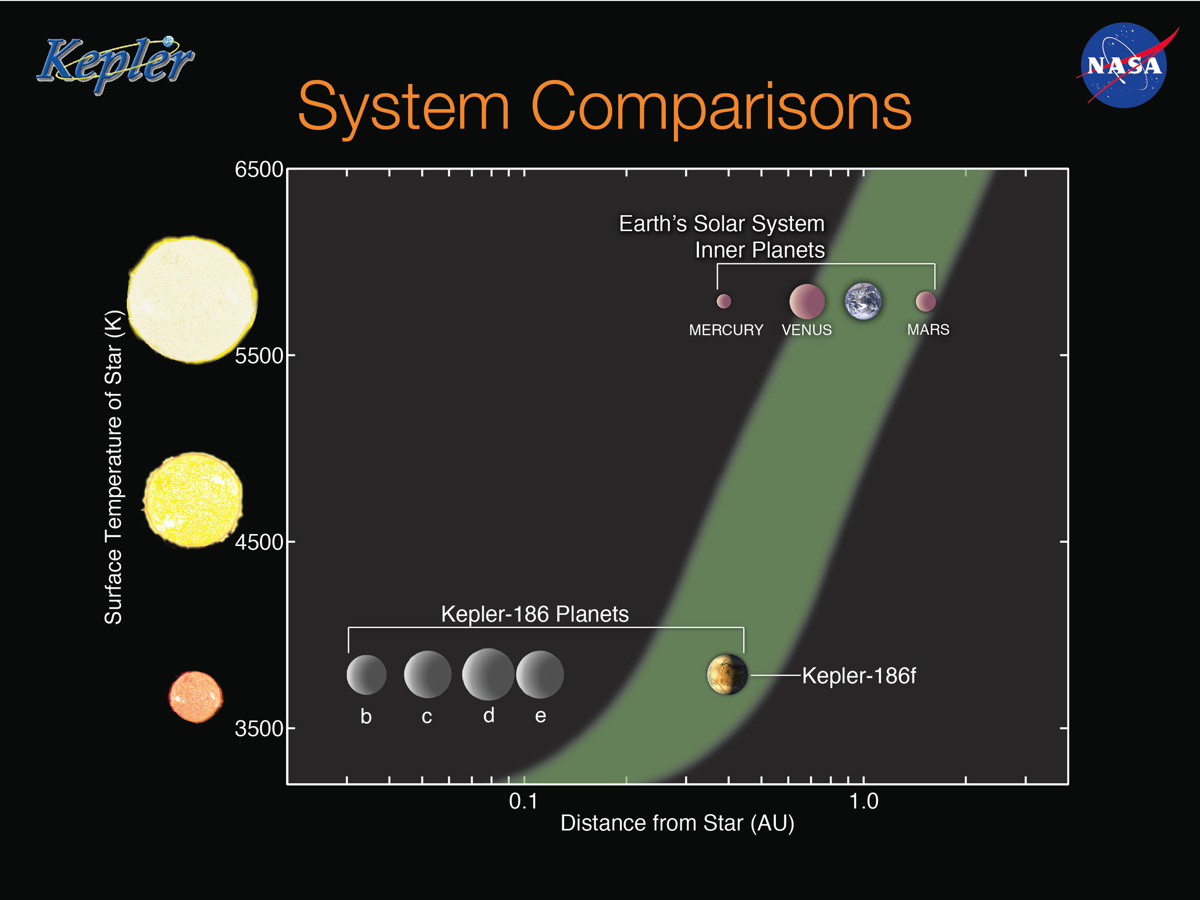
Comparison of the solar system to Kepler-186 planets. Image released April 17, 2014. [Read the Full Story]
Barclay Summary Slide
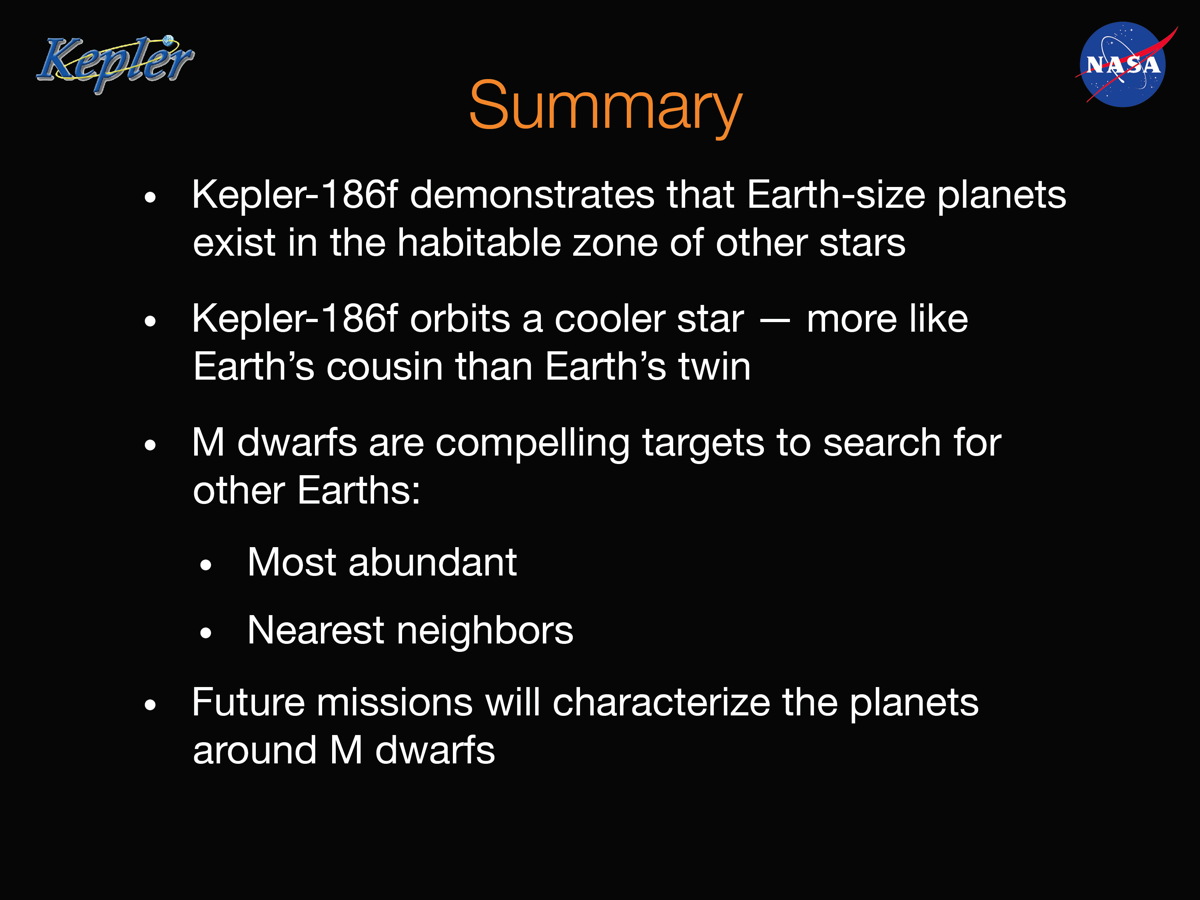
Slide summarizing the discovery of Kepler-186f exoplanet as explained by researcher Tom Barclay. Image released April 17, 2014. [Read the Full Story]
The 'Habitable Zone" Slide
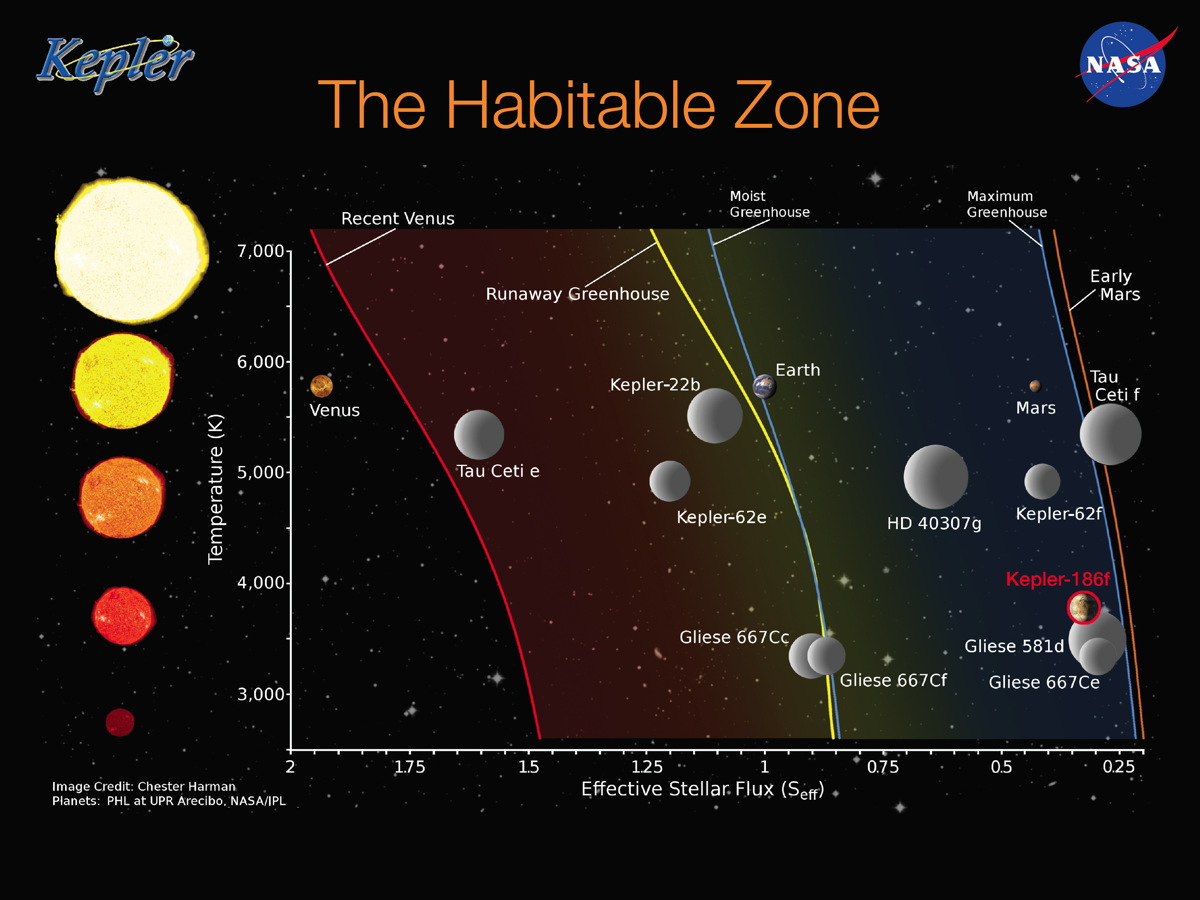
The "habitable zone" slide. Image released April 17, 2014. [Read the Full Story]
Get the Space.com Newsletter
Breaking space news, the latest updates on rocket launches, skywatching events and more!
Newly Found Exoplanet Could Have Oceans and Life (Infographic)
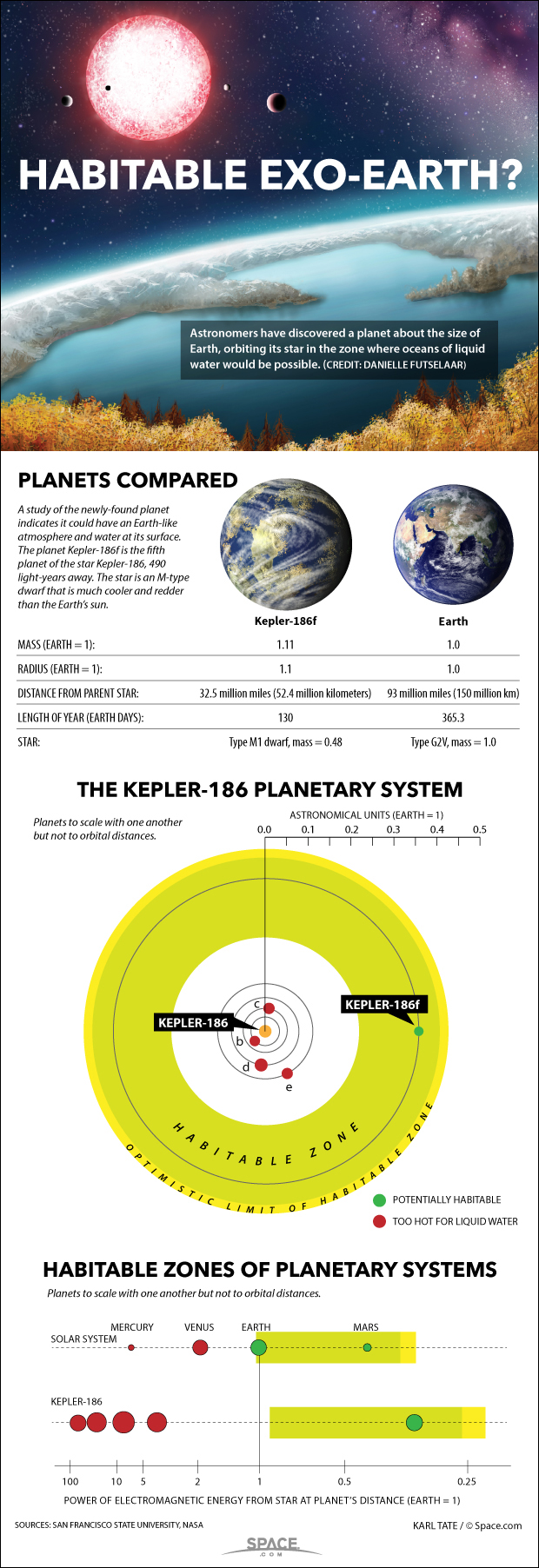
The rocky alien planet Kepler 186f is an Earth-size world that could have liquid water on its surface, and possibly even life. It orbits a star 490 light-years away. See the full details of alien planet Kepler-186f in this Space.com infographic. [Read the Full Story]
Kepler Spacecraft to Hunt Earth-Like Worlds
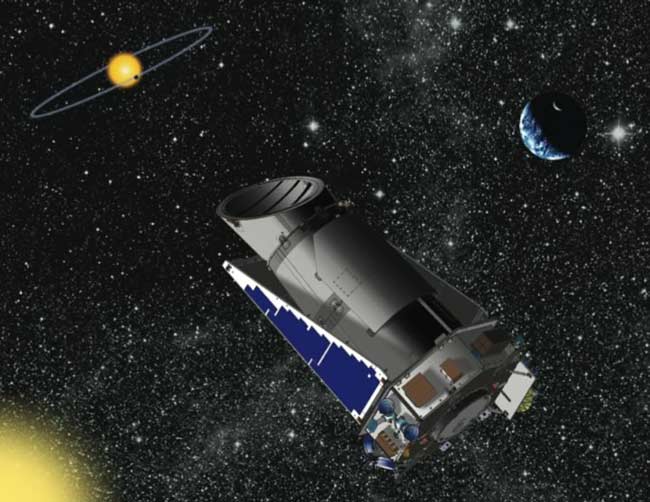
An artist's interpretation of the Kepler observatory in space. [Read the Full Story]
Kepler's Field of View
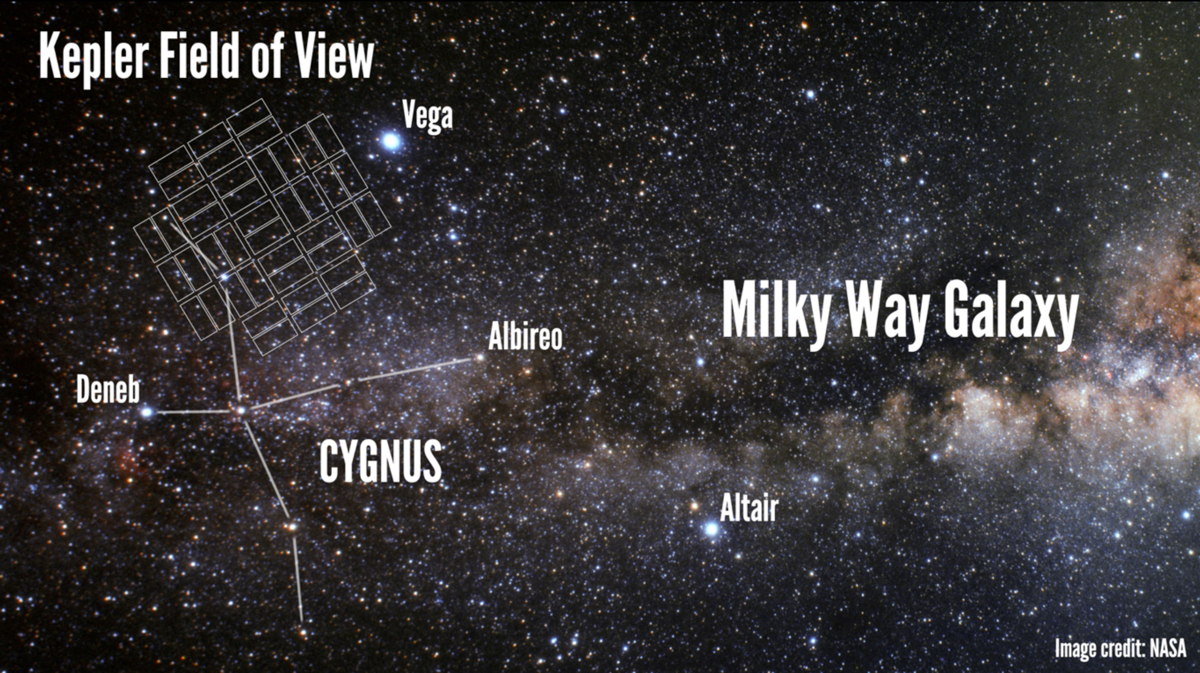
This image shows field of view of NASA's Kepler space telescope, which stared at a single region of stars in the in the constellation Cygnus, just above the plane of the Milky Way Galaxy. [Read the Full Story]
How Habitable Zones Around Stars Work (Infographic)
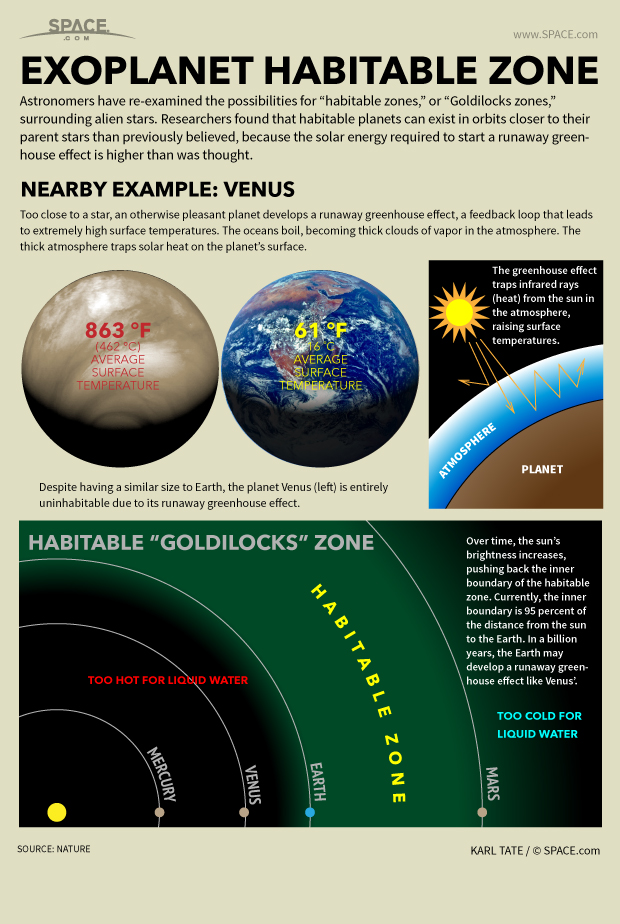
Researchers found that habitable alien planets could exist closer to their stars than was previously realized. [Read the Full Story]
Join our Space Forums to keep talking space on the latest missions, night sky and more! And if you have a news tip, correction or comment, let us know at: community@space.com.

Space.com is the premier source of space exploration, innovation and astronomy news, chronicling (and celebrating) humanity's ongoing expansion across the final frontier. Originally founded in 1999, Space.com is, and always has been, the passion of writers and editors who are space fans and also trained journalists. Our current news team consists of Editor-in-Chief Tariq Malik; Editor Hanneke Weitering, Senior Space Writer Mike Wall; Senior Writer Meghan Bartels; Senior Writer Chelsea Gohd, Senior Writer Tereza Pultarova and Staff Writer Alexander Cox, focusing on e-commerce. Senior Producer Steve Spaleta oversees our space videos, with Diana Whitcroft as our Social Media Editor.









